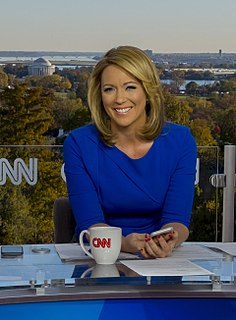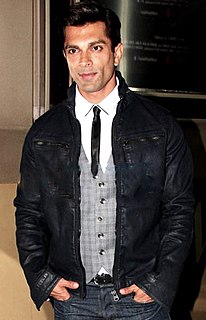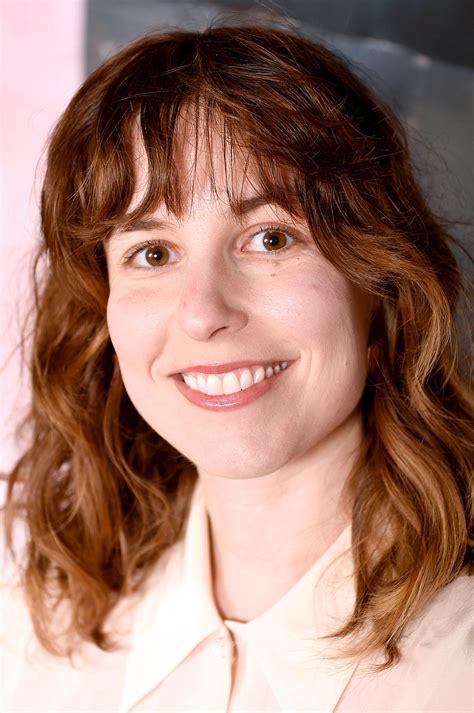A Quote by Gurinder Chadha
There was a time when I first started that there was such a thing called 'a woman's film' and there were certain scripts that women would make. But I think that's changed a lot now. I think that if a woman director walks into a room with a script, it doesn't really matter what the subject matter is, or the genre is, so long as the financers feel that the woman has the skills to make the film.
Related Quotes
Well, I think there was a time when I first started that there was such a thing called 'a woman's film' and there were certain scripts that women would make. But I think that's changed a lot now. I think that if a woman director walks into a room with a script, it doesn't really matter what the subject matter is, or the genre is, so long as the financiers feel that the woman has the skills to make the film.
A lot of people started asking me about this woman director thing, which I never thought about before. And I'd never really thought about how there aren't really many female directors. I knew it, but I'd never really sat down and thought about the implications of that, and what it meant for a woman to make a movie, and how it's viewed differently when a woman makes a movie about women.
There is some pressure when you are a woman doing what I do that you must support all other women unconditionally, no matter what they're projecting, or writing, or producing, or putting forth as their art. I think that's equally arbitrary and random and unfair, and kind of sexist. The secretly sexist way. I have really high standards for what I think is funny. I have that for everything, and I think it would be disingenuous of me to blanket-ly love everything a woman has produced simply to make a statement that we're all in this together.
I am saying there are women in the Senate, there are women in governorships, there are women in statewide office, there are women in the House, and I do think we can't ignore the fact that we have had the first woman ever win a nomination of a major party and the first woman ever winning the popular vote. So I think the table is set for a woman in the near future. I really do.
When I first started making films 30 years ago, people would comment that I was a woman. But strangely, when I was in television, no one ever mentioned that I was a woman. Maybe it was because television and film were different. There were more women working in television than men. There was no split in terms of work - everyone was considered equal
I feel that the thing about film and particularly about TV, actually, is it's being created now. We're living in the best time so far because there are many more women writing and women directing, women producing, and people are finally catching on to the fact that women want to go and buy tickets to see female characters and more than one in a film. So I actually think it's a very fertile time to be a woman over 40.
When I started my career in television, there was a certain type of stories that were told. Who would have thought that one day I would get a chance to make a film on a story that is based on nothing, just a slap - a habit or practice that has been normalized for so long that if the woman gets upset over it, society says she is 'over-reacting.'
I think it was the same thing that really makes the premise of this film [Women of Wall Street] compelling: the idea of a woman negotiating issues around power and money, which are two things that have historically been denied to women. To see a woman operate successfully, but still find those barriers a result of that historical and systemic bias in her pursuit to the top, is a really interesting struggle.
Feminism is something I think about more when I watch the film, Christine, rather than when I was actually doing it, to be honest with you. But I do think it functions as a sort of interesting feministic critique, because you are seeing a woman who's resolutely incapable of behaving like the kind of woman that's acceptable at the time. She doesn't know how to play the game by everyone else's rules, and it makes you realize that actually there were rules that were functioning for a woman to be a careerist.
We are born of woman, we are conceived in the womb of woman, we are engaged and married to woman. We make friendship with woman and the lineage continued because of woman. When one woman dies, we take another one, we are bound with the world through woman. Why should we talk ill of her, who gives birth to kings? The woman is born from woman; there is none without her. Only the One True Lord is without woman





































